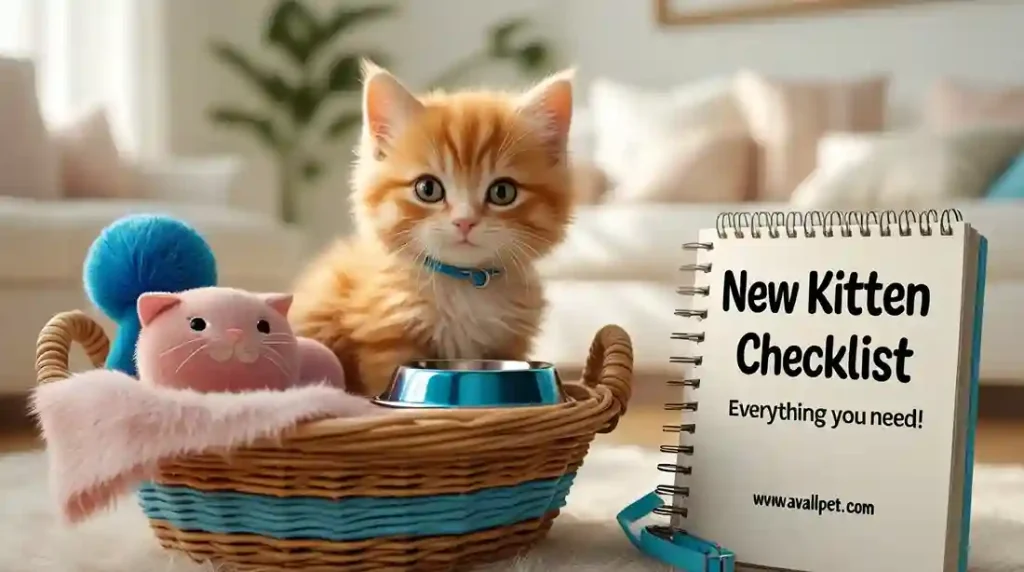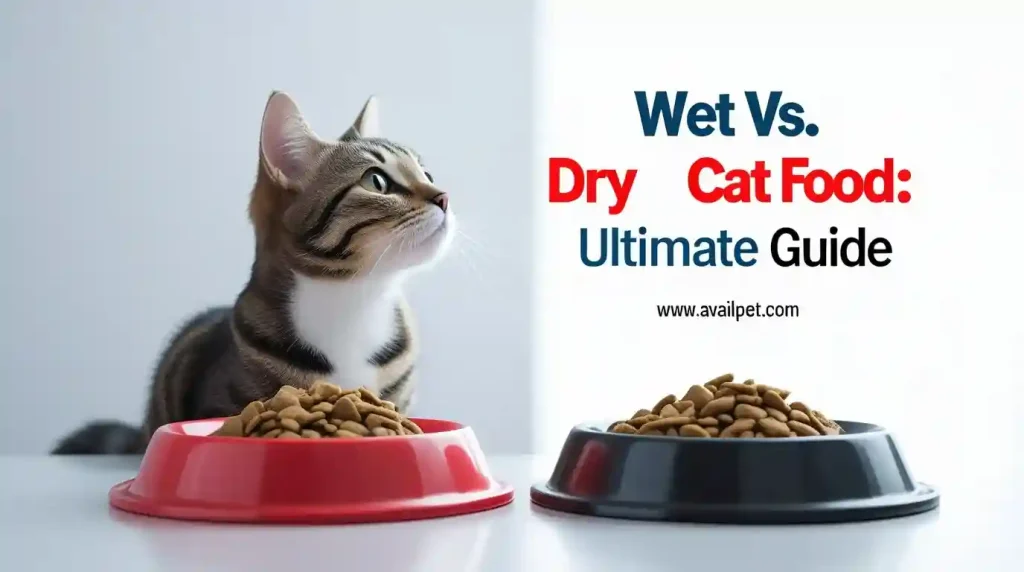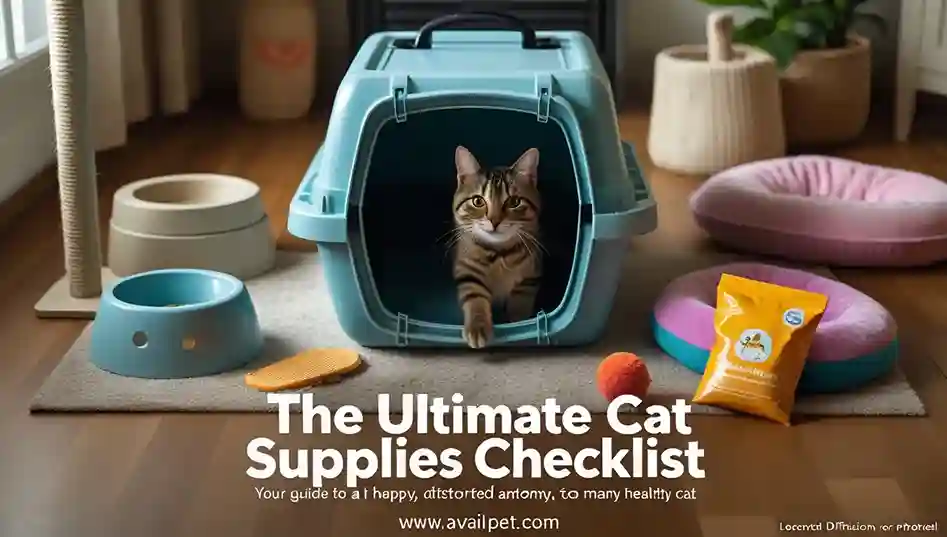There are few moments as simultaneously unsettling and confusing as when your beloved feline companion proudly presents you with a “gift” of a dead animal. While your initial reaction might be shock or disgust, it’s crucial to understand that this behavior is one of the most profound compliments your cat can give you. This act, while macabre to us, is deeply rooted in their natural instincts and is a key behavior covered in our guide to Common Cat Behaviors. So, why does my cat bring me dead animals? Let’s decode the surprising reasons behind this feline offering.
The “Gift” Decoded: Key Takeaways
- It’s a Natural Instinct: This behavior is hardwired into your cat’s DNA, not a behavioral problem.
- A Sign of Deep Trust: Your cat sees you as part of their family and is sharing their success.
- They’re Trying to Teach You: In their eyes, you are a clumsy hunter who needs lessons.
- Seeking Praise: They are presenting their “trophy” to you, their beloved owner.
- A Safe-Keeping Behavior: Your home is their den, and they are storing their prize in a secure place.
Why Does My Cat Bring Me Dead Animals? The 5 Instinctual Reasons
While it may be unsettling, your cat’s gift is a complex behavior driven by deep-seated instincts. Here are the five primary reasons why your cat brings you dead animals.
1. The Motherly Instinct: Teaching You to Hunt
In the wild, mother cats bring back dead or injured prey to teach their kittens how to hunt and eat. Your cat is treating you as part of their family – specifically, as a kitten who hasn’t yet learned to hunt properly. This behavior is their way of trying to teach you essential survival skills.
2. The Family Bond: Sharing Their Success
Cats in colonies often share food, especially with those they consider family. By bringing you their catch, your cat is including you in their social circle and demonstrating care. This is their way of saying “We’re family, and I want to provide for you.”
3. The Trophy Presentation: Seeking Praise
Your cat may be presenting their successful hunt to you as a form of tribute. In the feline world, showing off hunting skills to colony members is common. They’re essentially saying, “Look what I caught for us!” and often expect acknowledgment or praise in return.
4. A Deep-Seated Play Instinct
The sequence of stalking, chasing, pouncing, and “killing” is fundamental feline play behavior. The presentation of the caught “prey” (even if it’s a toy) is the natural conclusion to this sequence. This is why you might also see your cat bringing you their favorite toys.
5. The Safe-Keeping & Storage Instinct
Your home represents your cat’s safe den, much like a wild cat’s burrow. In nature, cats often bring their catch back to a secure location to eat later without interruption. By bringing the animal to you or your home, they’re storing their valuable resource in what they consider the safest place possible.
What Your Cat is REALLY Telling You
When you synthesize these five reasons, the message becomes clear and surprisingly touching. Your cat isn’t trying to disgust or frighten you. Instead, they’re communicating:
- “I trust you completely”
- “You are my family”
- “I want to take care of you”
- “This is our safe space together”
This behavior represents the ultimate feline compliment, showing that your cat sees you as both family and protector.
What to Do When You Receive a “Gift”
Your reaction in this moment is crucial. Remember, your cat is acting out of love and instinct, not malice.
What TO DO:
- Stay Calm: Take a deep breath. Avoid screaming or jerking movements.
- Offer Quiet Praise: Use a soft, positive tone to say “thank you” or “good kitty.” This acknowledges their effort without excessive excitement.
- Discreetly Dispose: Wait until your cat is distracted or in another room to remove the animal using gloves or a paper towel.
- Redirect with Play: After disposing of the gift, engage your cat with a favorite toy like a feather wand to shift their focus positively.
What NOT TO DO:
- Never Scold or Punish: This will only confuse and hurt your cat, damaging your bond.
- Avoid a Big Reaction: Loud noises or dramatic gestures may be interpreted as engagement, potentially encouraging the behavior.
- Don’t Rub Their Nose In It: This is ineffective and cruel, as cats don’t connect the punishment with the act.
How to Gently Discourage the Behavior
If the behavior becomes too frequent or bothersome, here are humane ways to manage it:
- Keep Your Cat Indoors: This is the most effective long-term solution to prevent hunting.
- Use a Breakaway Collar with a Bell: This can reduce hunting success by alerting prey.
- Provide Alternative “Hunting” Outlets:
- Interactive puzzle toys that dispense treats
- Electronic motion toys that mimic prey movement
- Regular play sessions with wand toys
- Maintain a Consistent Feeding Schedule: A well-fed cat is less motivated to hunt, though the instinct remains.
- Create a “Prey-Free” Zone: Consider cat-proofing your yard with catios or other barriers.
When to Be Concerned: A Vet’s Perspective
While this behavior is typically normal, consult your veterinarian if:
- Your cat consumes their prey (risk of parasites, toxins, or illness).
- Sudden onset in an older cat (could indicate underlying health or neurological issues).
- The behavior becomes obsessive or is accompanied by other behavioral changes.
- Signs of illness appear after hunting (vomiting, lethargy, loss of appetite).
When in doubt, always consult your veterinarian. They can provide personalized advice and rule out any medical concerns.
FAQs on why does my cat bring me dead animals
Why does my cat meow after bringing me a dead animal?
Your cat is announcing their success and calling you to come see their “achievement.” This is similar to how they would communicate with other cats in their colony, essentially saying, “Look what I’ve done for us!”
Is this behavior a warning or sign of anger?
No, this is almost never a warning or act of aggression. It’s actually the opposite – a sign of trust and affection. Your cat sees you as family and is sharing their success with you.
What does it mean when my cat brings a live animal?
This typically means your cat is in “teaching mode.” They’re bringing you practice prey so you can learn to hunt. This is the same behavior mother cats show their kittens when teaching them essential survival skills.
My indoor cat brings me toys. What does that mean?
This is actually a wonderful adaptation of the same instinct! Your cat is expressing their natural hunting and sharing behaviors using the only “prey” available to them. It shows they feel the same bond and instinct to provide, just in a more household-appropriate way.
Conclusion
While receiving a dead animal can be startling, understanding why your cat brings you these gifts helps you see it as the ultimate feline compliment. This behavior, rooted in deep instinct, signifies trust and family bonding.
Understanding this behavior helps you see the world through your cat’s eyes. For more insights into feline behavior, explore our other guides on the comforting ritual of cat kneading or the mysterious bursts of energy known as cat zoomies.
Sources
- American Association of Feline Practitioners (AAFP). (2022). Feline Behavior Guidelines.
- Landsberg, G., Hunthausen, W., & Ackerman, L. (2013). Handbook of Behavior Problems of the Dog and Cat (2nd ed.). Elsevier.
- International Cat Care. (2023). Vocalisation – when is it a problem?
- Cornell Feline Health Center. (2022). Feline Hyperthyroidism.






